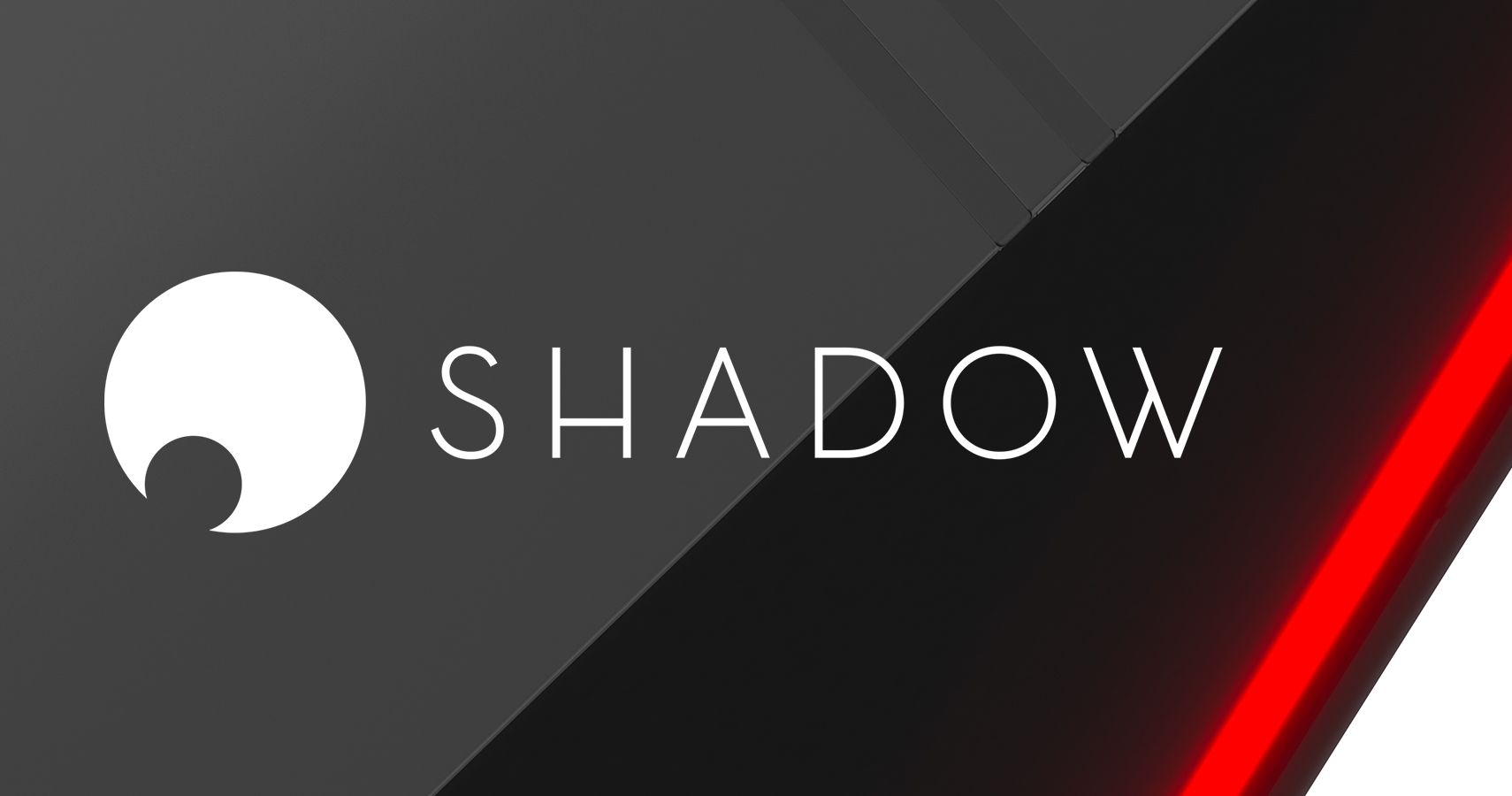Cloud computing startup Shadow has recently caught the attention of a lot of industry insiders. Having raised a total of $100 million through corporate backers (such as Charter Communications and Western Digital), it promises to be a new take on game streaming which marries the accessibility of Google Stadia without that service's restrictive game-purchasing requirements.
Shadow should be thought of as more of a rental gaming PC that's only accessible via an internet connection rather than a full-on game streaming service. Instead of offering its own library of games, Shadow allows users to integrate their own Steam, Origin, or Epic Games libraries to the service and essentially run the games they already own on a much beefier gaming rig elsewhere while streaming the gameplay to another desktop, laptop, TV, or smartphone.
It's an interesting new method which should appeal to gamers who aren't interested in relegating themselves to select titles offered on specific services. It's also poised to be a convenient way for those who don't already own capable gaming rigs to play newer titles without investing in a costly hardware upgrade.
Shadow does come with a few downsides, the most notable being the price. While most game streaming services subscriptions won't exceed more than ten bucks a month, Shadow's lowest-tier option starts at twenty-five dollars a month. More expensive options available to those who want access to even more powerful hardware, obviously with a higher price tag. The idea of allowing subscribers to pay more for access to better equipment is a neat one, but it seems like a bit of an odd concept in practice thanks to steaming issues and latency potentially negating the added benefits of a more powerful GPU.
Beyond that, Shadow is apparently only accessible in the US at the moment (though pre-orders for other regions are already underway) and even then, it's unavailable in states known for slower connection speeds. As with most streaming services of this nature, bandwidth restrictions and data caps may greatly hinder the service's capabilities, further dissuading prospective subscribers from giving it a shot. The company claims a 15mb upload speed to be the minimum for an acceptable play experience, though even that isn't possible for gamers in more remote locations.
Cloud computing seems to be the bold new frontier for gaming. With major players like Sony, Microsoft, and Google throwing their hats into the game-streaming ring, the industry seems poised for a major renovation. As analysts have long speculated, owning and operating hardware may very soon not be the burden of the consumer.
Though an interesting innovation, it won't be a seamless transition; consumers remain skeptical concerning the immaterial nature of game "ownership" on these new platforms, and it requires a massive amount of infrastructure to get going—something to which none but the largest tech companies will have access.
With all that in mind, Shadow, in theory, seems like a step above the limitations of Stadia and its ilk. Though it may be more expensive, there’s nothing like turning a 13-inch MacBook or a smart TV into a high-end gaming PC, and it may just be worth a shot.
Source: Twitter


